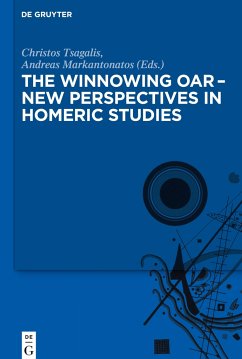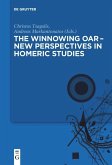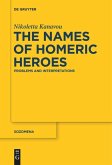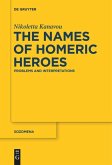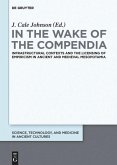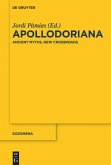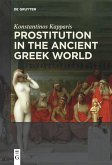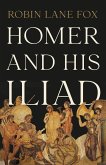In the wake of recent advances in the treatment of longstanding problems pertaining to the interpretation of Homeric poetry, this volume brings together cutting-edge research from a cohort of acclaimed scholars on Homer and the Homeric Hymns. The variety of topics covered spans the entire field of Homeric philology: the methods and solutions provided for a new edition of the Odyssey, the puzzle of the relation between the festival of the Panathenaea and the Homeric text, the disclosure of the meaning of notorious cruces pertaining to arcane formulas, the two emblematic heroes of the Iliad and the Odyssey, Achilles and Odysseus, Homeric poetics, the range and use of repetition in a traditional medium, the composition of the Homeric epics, the Apologoi and 'Cyclic' Narrative, as well as the Homeric Hymns to Hermes and Aphrodite.
"The volume as a whole is a rich offering with many interesting contributions."
Øivind Andersen in: Bryn Mawr Classical Review 2018.06.20
"[...] sämtliche der dreizehn Beiträge sind absolut relevant, ihre wissenschaftliche Qualität ist durchgehend sehr hoch, und Ansätze zu 'neuen Perspektiven' sind durchaus vorhanden."
Silvio Bär in: Göttinger Forum für Altertumswissenschaft 22 (2019), 1027-1039
Øivind Andersen in: Bryn Mawr Classical Review 2018.06.20
"[...] sämtliche der dreizehn Beiträge sind absolut relevant, ihre wissenschaftliche Qualität ist durchgehend sehr hoch, und Ansätze zu 'neuen Perspektiven' sind durchaus vorhanden."
Silvio Bär in: Göttinger Forum für Altertumswissenschaft 22 (2019), 1027-1039

